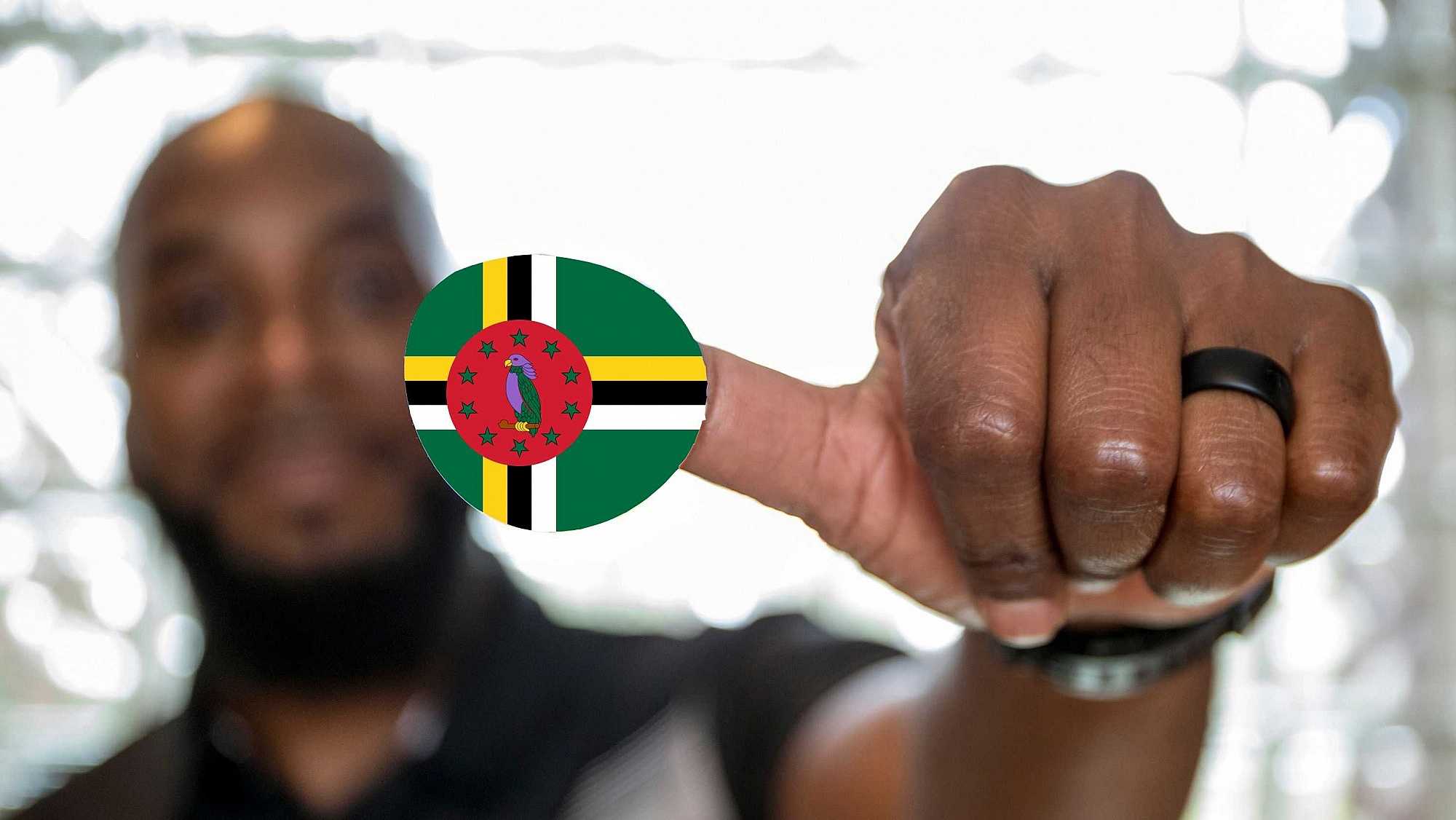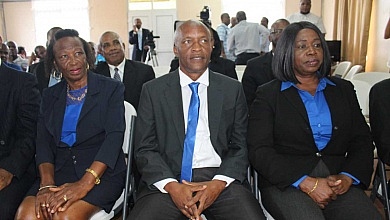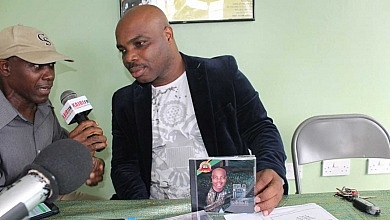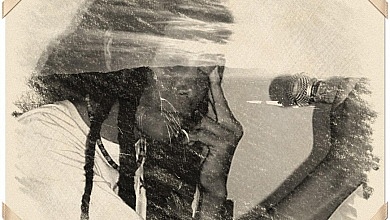Things the people should know in defense of the vote and calypso
This article was first published at the end of the first week of the Lenten season, observed by Roman Catholics in the year two thousand and nineteen. It is meant for a Dominican audience in lieu of heightened partisan polarization and bickering coming out of the Carnival-Calypso season, a period which saw unprecedented partisan rhetoric very much common to such climate. The struggle to gain votes and to redefine Calypso away from its oversight responsibility and place it in a sort of bias partisan point of view gave rise to this response. This is an election year in Dominica and I argue that both the vote and Calypso have been paraded as scapegoats of a status quo which is unrelenting in its opposition to the people’s conscious demands for a new social order.
Let us first discuss voting or the voter – the vote. The voter wields the power while the elected representative rules according to the wishes of the voter(s). This is, however, more effective in purer democracies, and as has been suggested earlier, Dominica does not now exemplify a pure (r) democracy. There is therefore very urgent need for a sober reflection and deep introspection of the responsibility of the voter, especially the Dominican voter.
If the voter gives up the power of their vote in exchange of any material commodity, their vote becomes commodified. When the vote becomes a commodity, peoples’ power is compromised. When the people’s power is compromised, authoritative tendencies reign supreme. When authoritative acumen prospers, many people suffer and those who generally suffer are the one who had mortgaged their votes in the first instance.
Because just think about it: the wealthy (more astute) person does not need to be induced to vote; they are the agents of inducement. The lower or induced class are always the ones who suffer the most, so the suggestion here is that voters who are targeted for vote buying/selling (by any means, be it transportation, appliances, cash, gifts, vehicles, houses ‘homes,’ gadgets and all the other payoffs), must know that their power and independence ends when they give in. But it does not have to be so.
What I learnt from the folks who nurtured me is that I must earn what I need, and work towards what I want. It is simply not a good idea to give one’s inalienable asset, the vote, away in exchange for material gains. When we vote, we should do so for the sustenance of humanity as well as for the continued existence of non-human animals and the other natural amenities which help procure our humanity. When we vote, we should vote for growth and prosperity and for the enhancement of future generations. I cannot see how getting paid for a vote ensures a better future.
This article is copyright © 2019 DOM767









